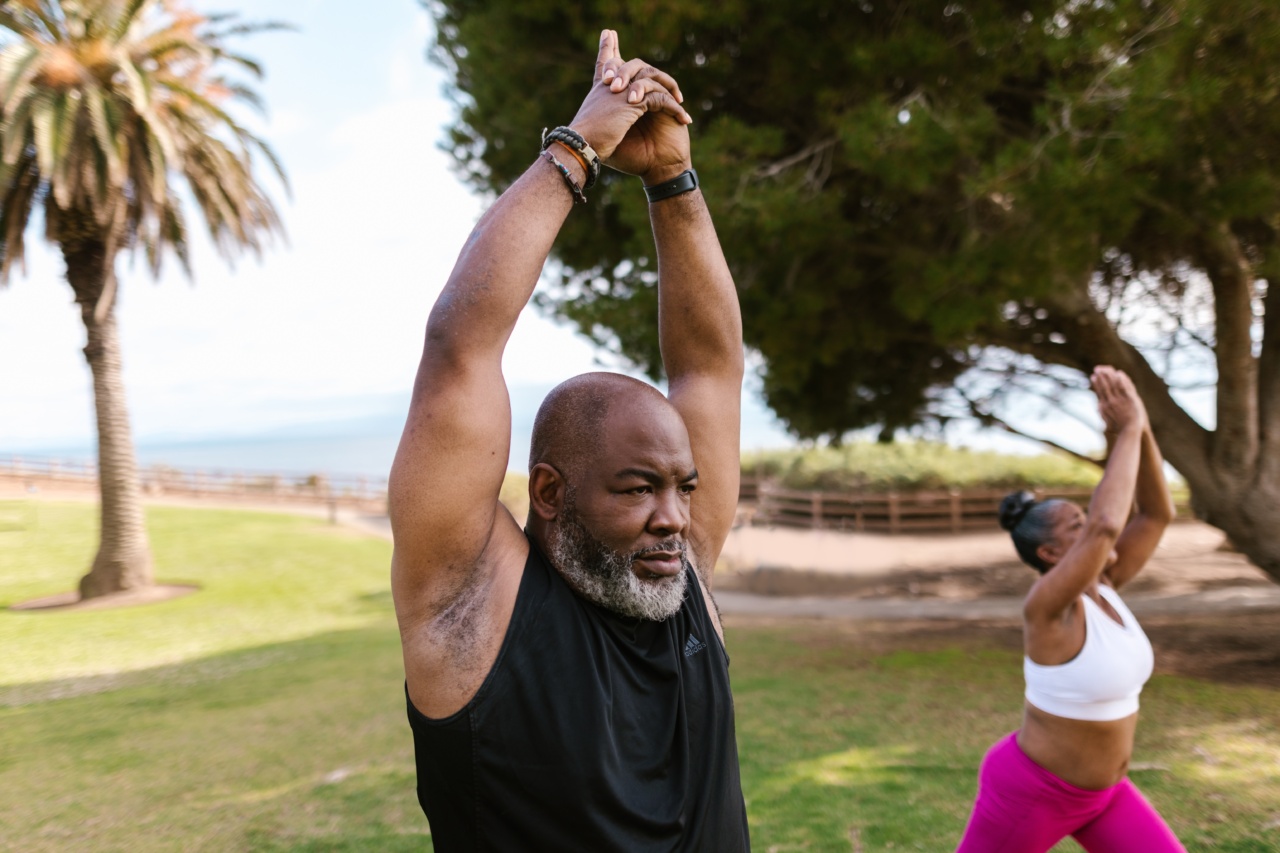As we age, our bodies and minds undergo many changes. One of the most important aspects of maintaining our well-being as we grow older is nutrition. Our choices of food can have a profound impact on both our longevity and mental acuity.
In this article, we will explore the nutritional needs of seniors and discuss the best foods to promote a healthy and fulfilling life.
Protein and Muscle Health
As we age, our muscles naturally weaken. This process, known as sarcopenia, can lead to a range of health problems, including falls and fractures. To maintain muscle mass, seniors need to consume more protein than their younger counterparts.
Good sources of protein include:.
- Lean meats such as chicken and fish
- Eggs
- Milk and yogurt
- Beans and legumes
- Nuts and seeds
Calcium and Bone Health
Another key concern for seniors is maintaining bone health. Calcium is essential for strong bones and teeth, and seniors need more of it than younger adults. Good sources of calcium include:.
- Milk and other dairy products
- Soy products
- Leafy green vegetables such as kale and broccoli
- Fish like salmon and sardines, which contain calcium as well as vitamin D
Vitamin D and Sun Exposure
Vitamin D is another crucial nutrient for bone health, as it helps the body absorb calcium. However, many seniors are deficient in vitamin D, which can lead to a range of health problems.
One of the best ways to increase vitamin D levels is through exposure to sunlight. Seniors should aim to spend at least 15 minutes a day in the sun, being careful to avoid overexposure and wear sunscreen if necessary. Additionally, seniors can increase their intake of vitamin D through foods such as:.
- Fatty fish such as salmon and tuna
- Fortified milk and other dairy products
- Egg yolks
Omega-3 Fatty Acids and Brain Health
As we age, maintaining mental acuity becomes increasingly important. Omega-3 fatty acids are essential nutrients that can help keep the brain healthy and sharp. Good sources of omega-3s include:.
- Fatty fish such as salmon and tuna
- Walnuts
- Flaxseed
- Chia seeds
- Soy products
Antioxidants and Disease Prevention
Antioxidants are compounds that protect the body against damage from free radicals, which can contribute to a range of chronic diseases. Seniors can benefit from a diet rich in antioxidants, which can be found in many fruits and vegetables.
Some of the best sources of antioxidants include:.
- Blueberries, strawberries, and other berries
- Dark leafy greens such as spinach and kale
- Carrots and sweet potatoes
- Tomatoes
- Nuts and seeds
Hydration
Many seniors struggle with dehydration, which can lead to a range of health problems including dizziness, confusion, and falls. Seniors should aim to drink at least eight glasses of water a day and consume foods with high water content such as:.
- Watermelon
- Cucumbers
- Broths and soups
- Smoothies and fruit juices
Reducing Sodium Intake
High sodium intake can contribute to a range of health problems including high blood pressure, which is common among seniors. Seniors should be careful to limit their intake of processed foods, which are often high in sodium.
Additionally, they should avoid adding salt to their meals and choose lower-sodium options whenever possible.
The Importance of Variety
While each of the above nutrients plays a crucial role in senior health, it’s important to remember that variety is key. Seniors should aim to consume a balanced and varied diet that includes a range of foods from all of the food groups.
Conclusion
Nutrition is a crucial aspect of maintaining longevity and mental acuity in seniors. A diet rich in protein, calcium, vitamin D, omega-3 fatty acids, antioxidants, and hydration can help seniors stay healthy and fulfilled.
By making wise food choices and being mindful of their nutritional needs, seniors can lead vibrant and fulfilling lives well into their golden years.






























